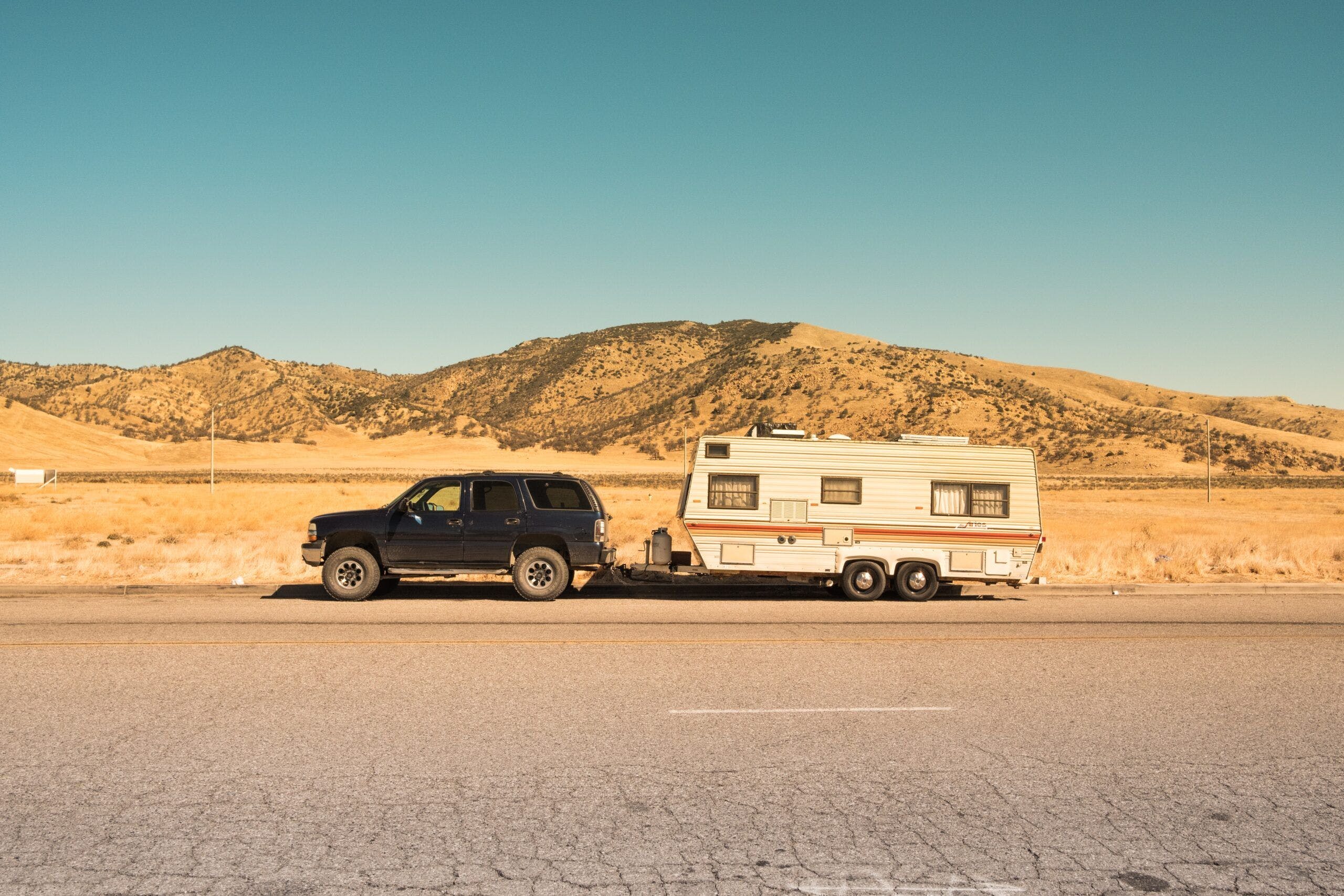Buying your first RV is a serious process. It’s not quite as serious as buying a house. But it is definitely a bigger decision than buying a car. It sits somewhere between the two. And at times this can make it when you’re considering all the factors that will be important. One of the most important factors is size.
The size is important as you will need different amounts of space depending on how many people it needs to sleep. But sizes can also vary in terms of height and length, regardless of the berth.
The overall size will determine where you can park up and camp, how much you can store inside, and whether or not you will be able to drive it yourself.
So, to help you to make the best decision, here’s our guide to choosing the right size RV.
Different Types of RV
First of all, let’s go over the different types of RV. As mentioned above, RVs vary in size depending on how many people they can sleep. But, there are other classifications to consider as well. These are the main types of RV.
Class A RVs
Class A RVs are the biggest available. And they are very big. These RVs almost resemble buses. These are usually referred to as motorhomes due to their size. They can often sleep up to 8 people, if not more.
Class B RVs
Slightly confusingly, Class B RVs are actually the smallest RVs available. These RVs will generally be as compact as possible. But, as it is still an RV, it’s still pretty large. They can usually sleep up to 4 people.
Class C RVs
Class C RVs are mid-size RVs. These RVs are a good option for a slightly bigger family. They generally sleep between 2 to 8 people, depending on the berth.
Overall Size and Weight
As well as how many people an RV can sleep, it’s important to consider the overall size and weight of an RV. This is especially important if you have little to no experience with driving such a large vehicle.
Overall Size
The berth of an RV is an important factor to consider. But it’s also important to consider length and height. All of these factors will impact how much you can store in your RV. It will also impact where you will be able to go on your trip.
It will impact the kinds of roads you can go down. It can also impact the places you can park up. Some car parks will have a height limit. And some campsites can have limits on the size of RVs they will accommodate. This is mostly due to length as this can reduce the number of people who can use the site.
So if lots of large RVs park up in one place, then the campsite won’t make as much money as when more people with smaller RVs park up. Plus, it means that fewer people can enjoy a certain place.
Very large and heavy RVs can also interfere with the view and can damage the ground. These are some of the reasons why many national parks have restrictions on the length of RVs permitted.
Weight
Weight is something that is super important. But it isn’t always given the consideration it requires. Driving such a large vehicle means that you will of course be driving a very heavy vehicle. This means that you will have to consider all of your routes. Especially if you will be traveling through areas with narrow roads and steep hills.
It’s important to consider the empty weight of the RV and its weight when fully loaded. It’s also important to consider the overall weight of all parts together.
Summary
Overall, there are quite a few different factors to consider when choosing an RV. And size is one of, if not the, most important one. The size will impact where you can go, how you will get there, what you can take with you, and how many of you can go. So, size needs to be considered before any other factor.
You might argue that the price is the most important factor. But, ultimately, size is going to have a huge impact on the overall price. So, the size will impact everything. Deciding on how much space you need and how large your RV should (and can) be are the first things to do when searching for your perfect RV.


Comments are closed.